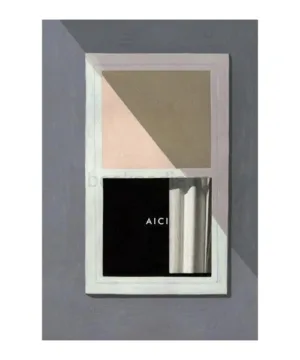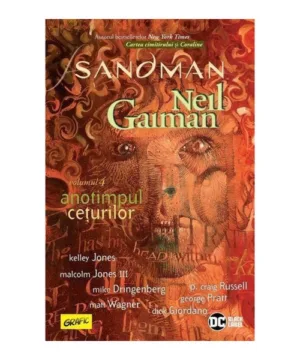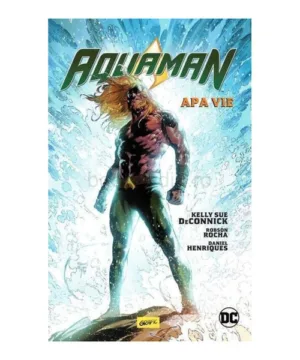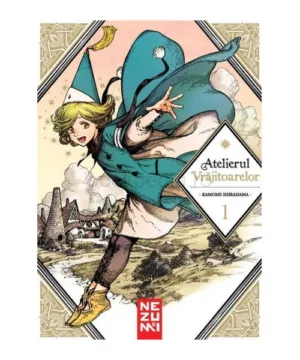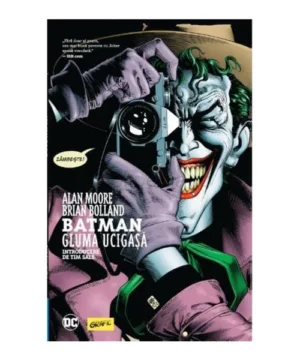Modernist inquiries. A collection of thematic studies related to literary modernism
33,25 lei
| Authors | Petru Stefan Ionescu |
|---|---|
| Publisher | MEGA |
| Year | 2021 |
| Pages | 184 |
Informații suplimentare
| General | |
|---|---|
| Authors | Petru Stefan Ionescu |
| Publisher | MEGA |
| Year | 2021 |
| Others | |
| Identification | |
| ISBN-13 | 9786060203650 |
| Format | |
| Pages | 184 |
Descriere
This is a volume of collected articles published over the past 5 years in scientific journals, discussing topics related to modernism and literature. They approach themes appertaining to some of the main concerns of literary and artistic modernism at the end of the 19th and beginning of the 20th century, starting from the need to innovate art and literature, an enterprise necessary for a better reflection of the complexity of modern life, and continuing with the more radical elements of progress that accompany any revolutionary movement (in this case revolutionary avant-garde groups like Dada, Cubism, Futurism etc.). Trends born in modernism continue as well in what some call the second phase of modernism, or postmodernism and are of significant influence on the world of literature today, more or less successfully. Some of the modernists’ attempts were quite radical in their intention to break away with the past and create a new form of expression. Virginia Woolf even went as far as intending to create a new type of writing to completely replace the novel, that had become to her obsolete, now more than a low form of entertaining art that was no longer capable of reflecting the dramatic and accelerated change in society, the revolution of the human spirit and the big city alienation in a continually and rapidly changing environment. The great writers always find the formulae to express their genius in a way that is programmatic (like all revolutions) but also aesthetic and meaningful. The modernists could touch the sensitive chords of the human soul by playing their sensibilities, even if sometimes, to achieve the desired effect, the audience had to be immersed into the darkest corners of that soul. (From the „Introduction”)









